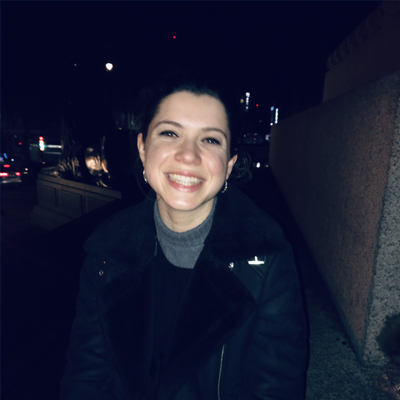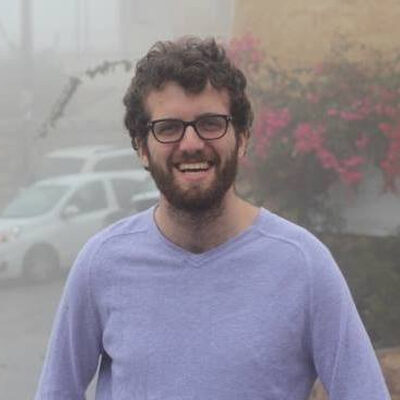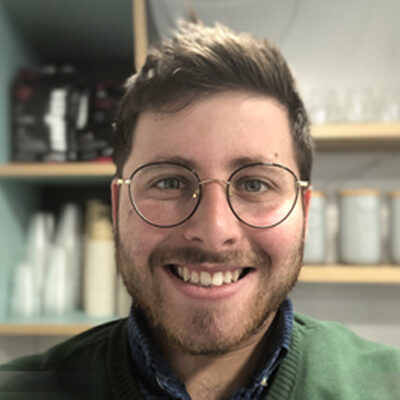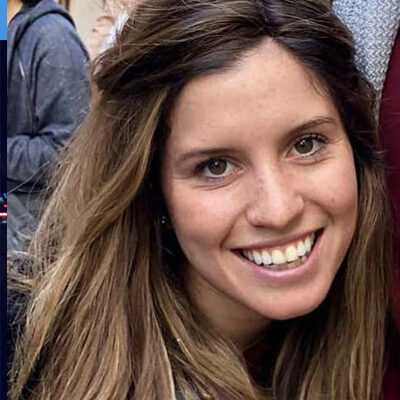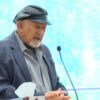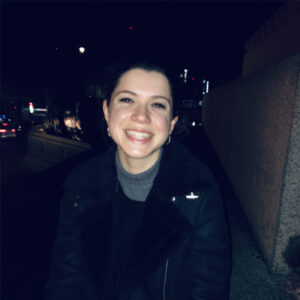
Tell us in a few words about yourself.
I’ve been working and volunteering in the Jewish community for over 10 years. Professionally, I’m currently working as an assistant psychologist. In my role, I run interventions to support children’s learning and social and emotional wellbeing. I am passionate about education and mental health and hope to pursue a career in this field. I am also passionate about education in the Jewish community and empowering young Jews to connect with and feel a sense of pride in their Jewish identity.
If you have experienced antisemitism in your country, how was it expressed?
I’ve personally not been victim to antisemitism. However, it holds an overwhelming presence in my country. Antisemitism has evolved with the times and I have friends who have suffered antisemitic abuse, particularly over social media. Additionally, the development of antisemitism within mainstream politics in the UK has been discussed extensively in the media. It’s important to remember that the oppressed should be the ones who define their oppression. When Jewish concerns are not sufficiently addressed, there is a real issue.
What do you feel is the most productive way to fight hate?
Before we can fight hate, we need to recognise that it exists. In recognising that it exists, we need to have empathy, empathy to listen and learn from the experiences of those who have been victims of hate. Having recognised the existence of hate, I believe that the most productive way to fight hate is through education. I know that within my community, we need to educate ourselves and each other to focus on similarities instead of differences between people and groups, in order that we can work to remove hate. I think Holocaust education plays a vital role in helping us learn from the past so that we can respond to and fight hate in the present.
What message would you like to relay to young Jews throughout the world who are worried about antisemitism?
The message I would like to relay to Jews throughout the world who are worried about antisemitism is that being Jewish is not only about those who dislike us. It’s also about the Jewish culture, whether it’s food, song, prayer or festivals. Antisemitism is a real issue, but it is not what defines us as a people. The more proactive we are in celebrating our identity, the less reactive we need to be in combating the hate facing us.
What message do you have for those marching in the “March of the living?”
The March provides a chance to walk together with thousands of people from the international Jewish community. My message is to learn from the inspirational survivors and exceptional educators – talk to your fellow participants, who are from different cultures and backgrounds and allow yourself together to delve into our people’s history. Use this journey as a time to learn and commemorate what was lost. Additionally, use the journey as a time to celebrate the international Jewish life that exists.
